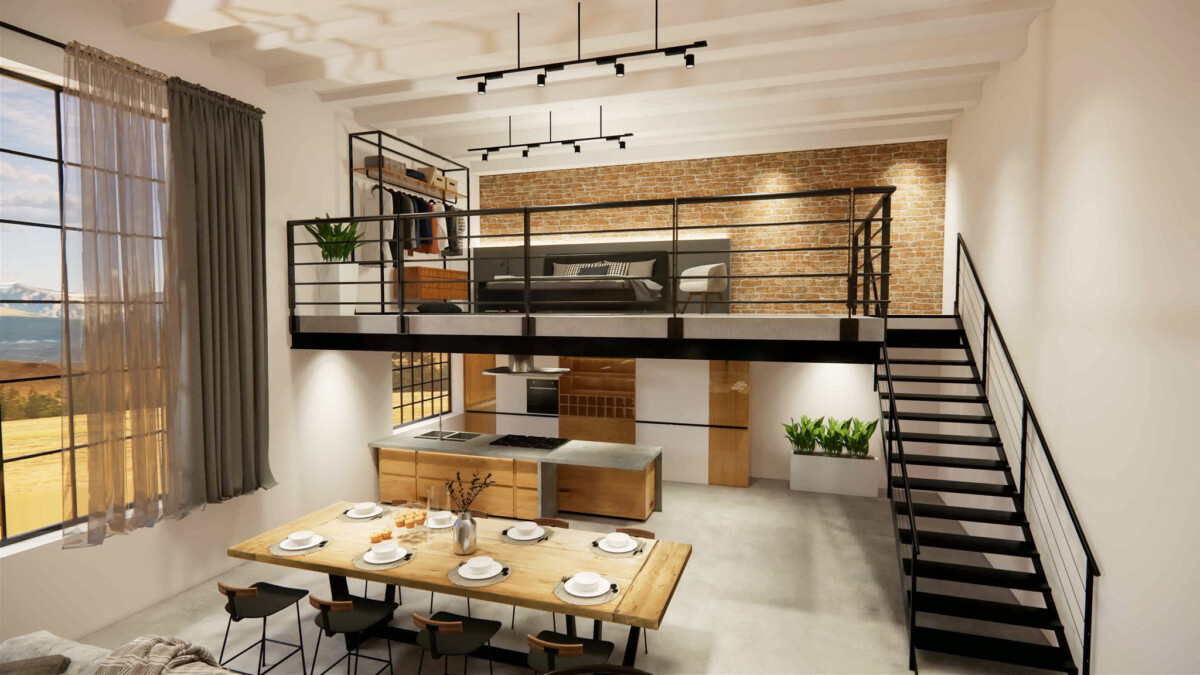How to Know You’re Ready to Buy a Home: Beyond the Down Payment
Buying a home is one of the most significant financial decisions many people make in their lifetime. While it’s easy to get caught up in the excitement of homeownership, evaluating more than just your ability to make a down payment is essential. Financial readiness for purchasing a home involves understanding factors such as your long-term economic health, job stability, lifestyle preferences, and overall preparedness for homeownership. This article will help you go beyond the down payment and explore key aspects determining whether you’re ready to buy a home.
1. Your Financial Stability and Savings
While most people focus on the down payment, assessing the rest of your financial situation is equally important. A down payment is just one piece of the puzzle, and it’s crucial to ensure you’re financially stable enough to handle all the other homeownership expenses.
Emergency Fund
Before buying a home, you should have a robust emergency fund. This fund should be separate from the down payment money and cover at least 3-6 months of living expenses. This cushion will help you weather unexpected financial setbacks, such as medical bills, job loss, or urgent home repairs. Owning a home comes with unforeseen costs, such as maintenance and repairs, and having an emergency fund will help prevent you from falling into financial distress.
Debt-to-Income Ratio
Lenders will assess your debt-to-income (DTI) ratio to determine if you can take on a mortgage. Your DTI ratio is the percentage of your monthly income that goes toward paying off debts. Lenders generally prefer a DTI ratio below 36%, though some will accept higher ratios with certain conditions. A lower DTI ratio indicates that you have a better handle on your finances and are in a stronger position to take on the mortgage responsibility.
Additional Costs of Homeownership
Many first-time homebuyers fail to factor in the ongoing costs of owning a home. Beyond the mortgage, you’ll have property taxes, homeowner’s insurance, utilities, regular maintenance, and potential homeowners association (HOA) fees. Additionally, you may need to budget for home improvements and upgrades. Ensure you’re financially prepared for these ongoing costs, which can add up quickly.
2. Stable Income and Employment History
A steady income and stable employment history are essential when buying a home. Mortgage lenders are more likely to approve you for a loan if you have a consistent income stream and a reliable job history. This stability will give you confidence that you can continue to make mortgage payments on time, even during tough times.
Ideally, you should have been in your current job for at least two years, which provides lenders with proof that you have job security. Suppose your work situation is unpredictable, or you’re considering changing careers. Holding off purchasing a home might be wise until your income is more stable.
3. Long-Term Financial Goals and Future Plans
Buying a home is a long-term commitment, so consider whether it aligns with your financial goals. Ask yourself the following questions:
- How long do you plan to stay in the area? If you’re unsure whether you’ll stay in your current city or region for over a few years, renting might be a better option. Buying a home requires you to stay put for a more extended period to build equity and recoup the costs of buying (closing costs, down payment, and home-related expenses).
- How does buying a home affect your other goals? Are you saving for retirement or other big goals like starting a family or pursuing education? Purchasing a home can tie up a large portion of your savings, so consider how it might impact your ability to achieve other financial objectives.
- Are you prepared for the long-term commitment? Owning a home isn’t just about the immediate perks but the long-term responsibility. Suppose you’re not ready to commit to the duties of maintenance, repairs, and the financial aspects of homeownership. In that case, let’s wait.
4. Your Credit Score and Mortgage Eligibility
Your credit score significantly determines whether you’re eligible for a mortgage and the interest rate you’ll receive. A higher credit score generally leads to better mortgage terms, which could save you thousands of dollars over the life of the loan.
Most lenders require a credit score of at least 620 for a conventional mortgage. However, a score of 740 or higher typically results in the best rates. If your score is below 620, you may still qualify for an FHA loan or another government-backed program, but you might need to make a larger down payment.
If your credit score is less than stellar, consider improving it before applying for a mortgage. Paying off outstanding debts, ensuring your credit report is accurate, and avoiding taking on new debt can help boost your score over time.
5. Understanding Market Conditions
The real estate market can vary significantly depending on location and timing. Home prices may rise quickly in some areas, making it harder to find a home within your budget. In other markets, home prices may be relatively stable or even declining. Understanding the local market conditions is crucial to making an informed decision.
If you’re entering a seller’s market (where demand exceeds supply), it may be harder to negotiate on price and terms. In a buyer’s market (where supply exceeds demand), you may have more bargaining power. If you’re in a situation where prices are high or expected to rise further, buying sooner rather than later might make sense.
6. Emotional Readiness for Homeownership
Homeownership is not only a financial decision but also an emotional one. It comes with a sense of responsibility and a lifestyle change. Before purchasing a home, ask yourself if you’re emotionally prepared for the commitment.
Homeownership can bring about stress, particularly regarding maintenance, repairs, and the responsibilities of paying a mortgage. If you’re ready to make these adjustments to your lifestyle, then homeownership could be the right choice. But if you’re still feeling uncertain about the demands of owning a home, renting for a bit longer might be wise.
7. Work-Life Balance and Lifestyle Preferences
Homeownership often means more responsibilities, and lifestyle changes can be significant. From cleaning gutters to mowing the lawn, the responsibilities that come with a house can be time-consuming. Consider whether you’re ready to take on these tasks or prefer the convenience of renting.
Additionally, owning a home may limit your flexibility to move. If you enjoy the freedom of being able to relocate quickly for work, family, or personal reasons, homeownership might limit that flexibility.
Conclusion
Being ready to buy a home goes far beyond just having the down payment in hand. It involves evaluating your financial stability, job situation, long-term plans, credit health, market conditions, and emotional readiness. By considering all of these factors, you can make a more informed decision and ensure that you’re prepared for the responsibilities of homeownership. Buying a home can be a fulfilling and rewarding step when the time is right. Still, ensuring you’re financially, emotionally, and practically ready is essential.
Thank you for reading! If you enjoyed this article and want to explore more content on similar topics, check out our other blogs at Sonic Loans, Sonic Realty, and Sonic Title. We have a wealth of information designed to help you navigate the world of real estate and finance. Happy reading!
Are you looking for the right loan? Check out Sonic Loans for tailored mortgage solutions that make home financing simple and efficient.
Creative Financing Options for Real Estate
How to Improve Your Credit Score for Better Mortgage Rates
HVAC Maintenance: Extending System Life
Preventing Water Damage: Essential Tips
Common Home Repairs Every Owner Should Know
Energy-Efficient Upgrades That Pay for Themselves
Commercial Real Estate Investment Basics & Home Maintenance: A Dual Guide to Property Success
Multi-Family Properties: Investment Opportunities and Challenges
Managing Rental Properties: DIY vs. Property Management











